*This is a mandatory field.

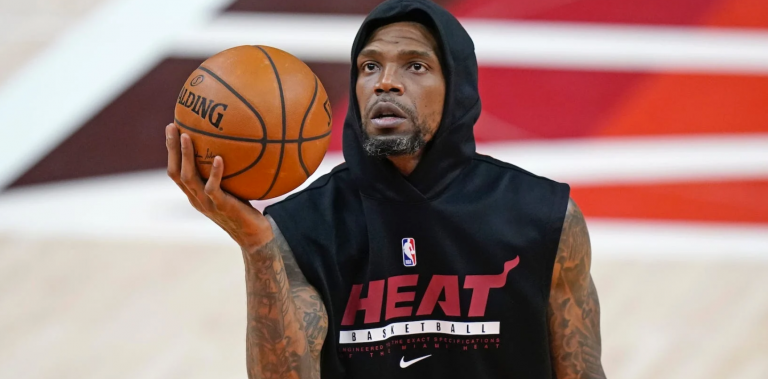
Check out how Zappos focuses on cultural fit in their hiring process. They even offer new hires $2,000 to quit after their first week if they don’t feel they align with the culture. Talk about putting your money where your mouth is! This is where RPO providers swoop in, capes fluttering, to design a recruitment process that ensures you get someone who enhances, rather than disrupts, your team’s rhythm.

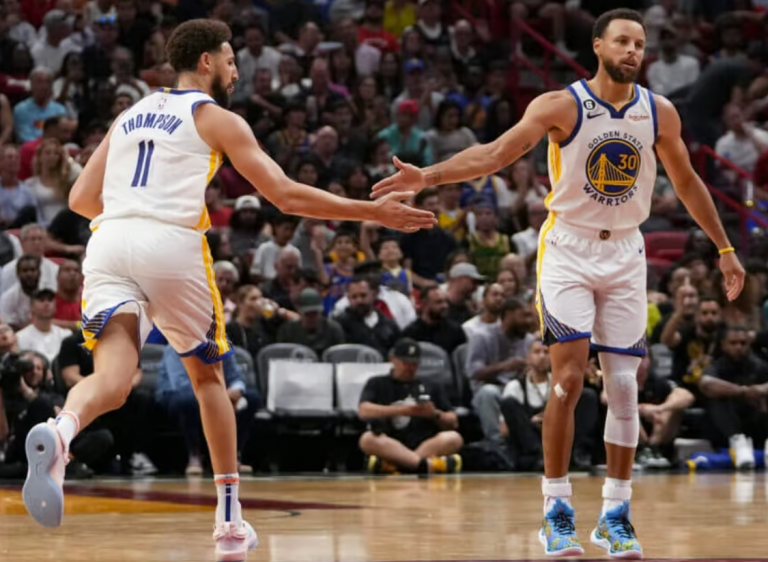
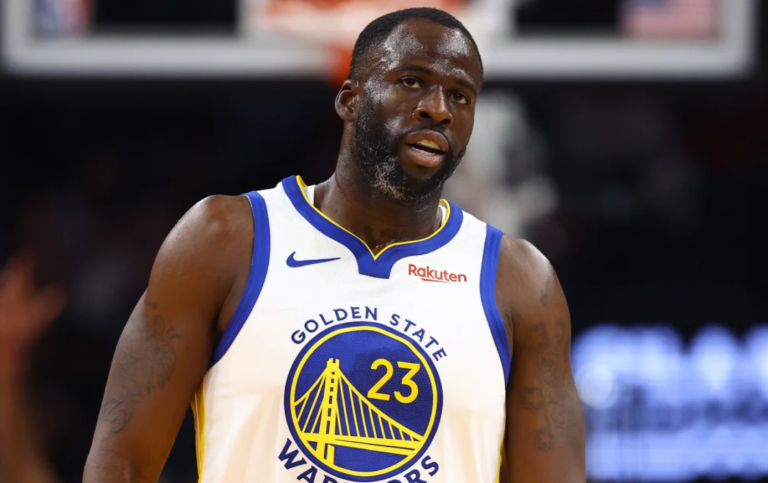
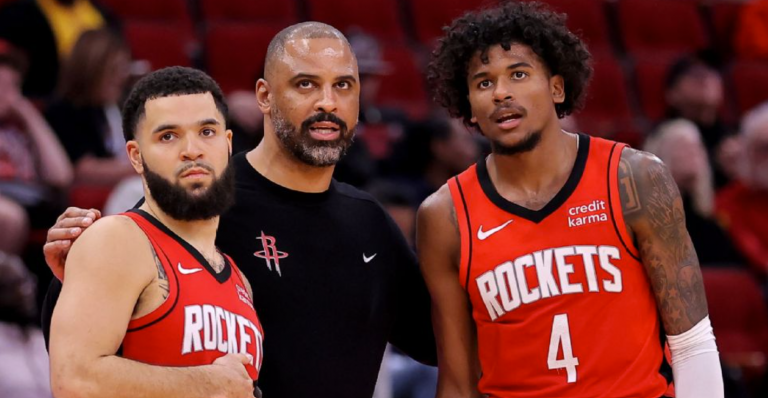

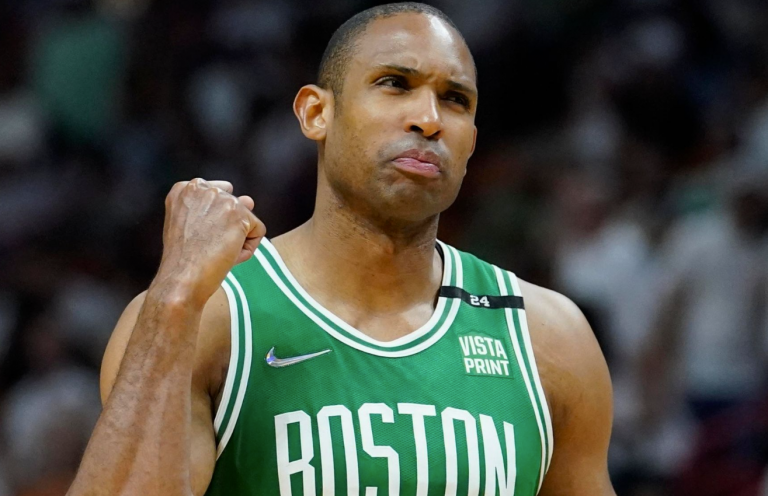
So, the next time you come across basketball recruiting news (or any sports hiring news, for that matter), think about how those hiring strategies can apply to your business. And remember, RPO providers can be your sixth man—always ready to step up. Acting as the perfect sub for your in-house recruiters, they bring fresh energy and expertise to implement winning strategies, helping you build a team that’s not just strong, but unbeatable.
Feel free to share